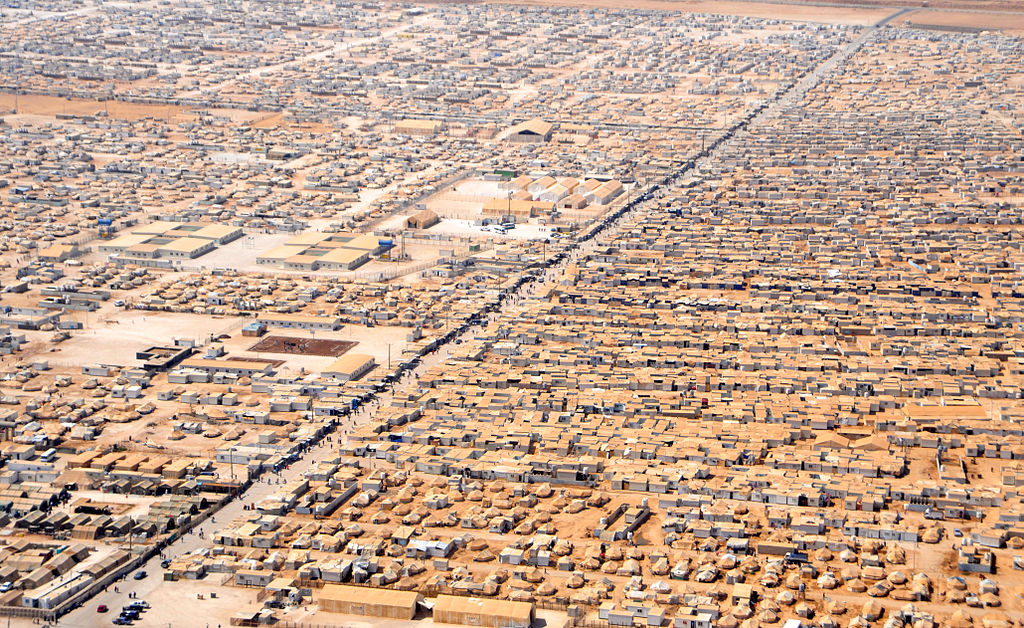
Governments should promote entrepreneurship in refugee camps, says paper.
As the number of forcibly displaced increases, the urgency to find solutions to redress the negative aspects of life in a refugee camp for those in protracted exile also rises.
Marlen de la Chaux and Helen Haugh
Policymakers should foster entrepreneurship at refugee camps to help fill an “institutional void” that leads to despair, boredom and crime, according to a new paper co-authored by a Gates Cambridge Scholar.
“Refugee camp entrepreneurs reduce aid dependency and in so doing help to give life meaning for, and confer dignity on, the entrepreneurs,” says the paper authored by Marlen de la Chaux and Helen Haugh, Senior Lecturer in Community Enterprise at Cambridge's Judge Business School.
While such camps are created on the assumption they will be temporary in response to a passing emergency, such displacement is in fact often protracted – so “the rules of the game concerning temporary institutions do not reflect the reality of life in the camp”, the paper says.
The paper – entitled “Entrepreneurship and Innovation: How Institutional Voids Shape Economic Opportunities in Refugee Camps” – was presented by the authors at this summer’s 75th Annual Meeting of the Academy of Management in Vancouver, Canada.
The paper identifies three institutional barriers to refugee camp entrepreneurship: a lack of functioning markets, inefficient legal and political systems, and poor infrastructure. It says this presents a number of opportunities for policymakers to boost entrepreneurship opportunities, including urban planning techniques to design useful infrastructure because long-term refugee camps “tend to resemble small cities rather than transient settlements”.
In addition, it says cash-based aid programmes and partnerships between refugee camp organisers and micro-lending institutions can provide seed capital to refugee camp ventures; innovation hubs such as those recently established in Nairobi, Kenya, can help provide access to business advice and seed capital; and the host country can create employment opportunities within the refugee camp by outsourcing some tasks to refugees.
“As the number of forcibly displaced increases, the urgency to find solutions to redress the negative aspects of life in a refugee camp for those in protracted exile also rises,” the paper says. Enlightened policies to boost refugee-camp entrepreneurship “may also make a positive contribution to the economy of the host country and in so doing help to reduce the local resentment experienced by those living in camps.”
Marlen [2013] is doing a PhD in Management Studies with the support of a Gates Cambridge Scholarship.
*Picture credit: By US Department of State [Public domain], via Wikimedia Commons.












